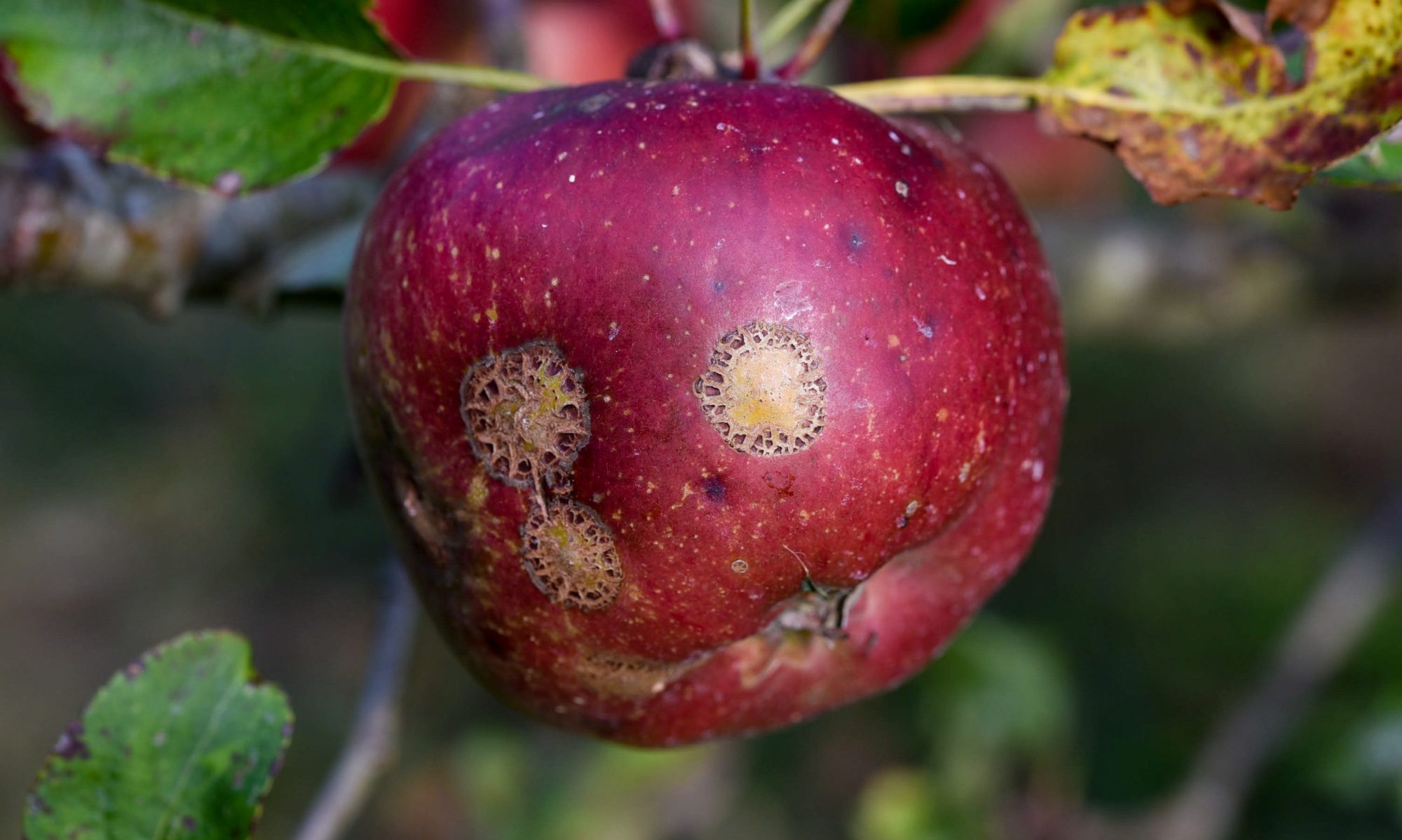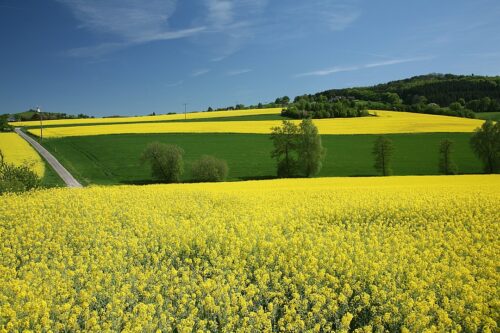Rapeseed oil – this pesticide consists of vegetable oil: it is extracted from the seed of rapeseed. Rapeseed oil is used as a biofuel and insecticide.
- Biological Pesticide
Rapeseed oil. This pesticide consists of a vegetable oil: it is extracted from the seed of rapeseed (Brassica napus). Rapeseed oil is used as a biofuel and insecticide.
Rapeseed oil is used as a pesticide against various pests (aphids, scale insects, whiteflies, bugs, mites, among others), both in private vegetable plots and in professional agriculture. The effect is not based on toxicity but works through contact: when spraying the insect, a thin layer of oil forms on the insect, causing it to suffocate. It works on both eggs, larvae and adult insects.
Spray tip: Spray above and below the leaves until the oil drips off the leaves to make sure you have hit all the insects.
Ordinary rapeseed oil is not suitable for human consumption. A variety suitable for human consumption has been developed: Canola oil.
The disadvantage of rapeseed oil is that it is not selective: it works against all insects, so it also kills bees, bumblebees and ladybugs.
Do not use rapeseed oil near ponds, ditches and other surface waters; the oil is disastrous to aquatic life.
Rapeseed oil is commercially available.

